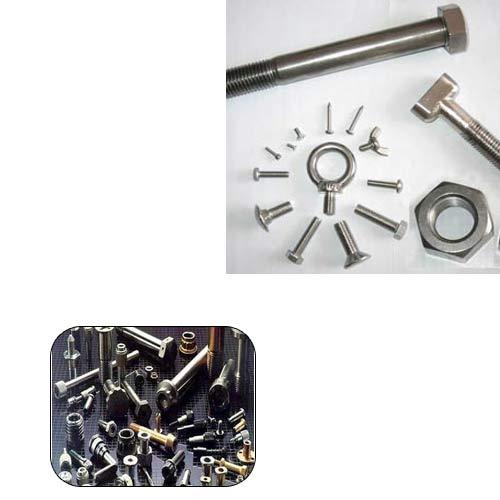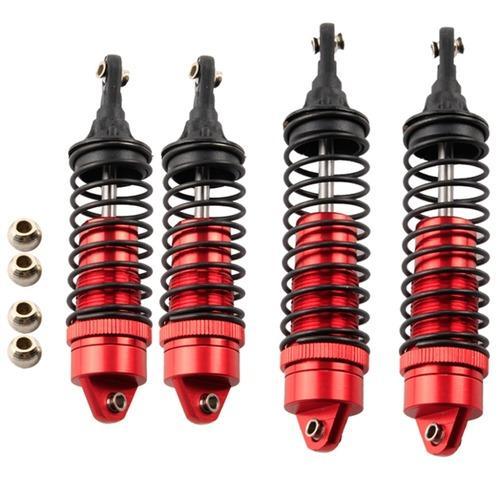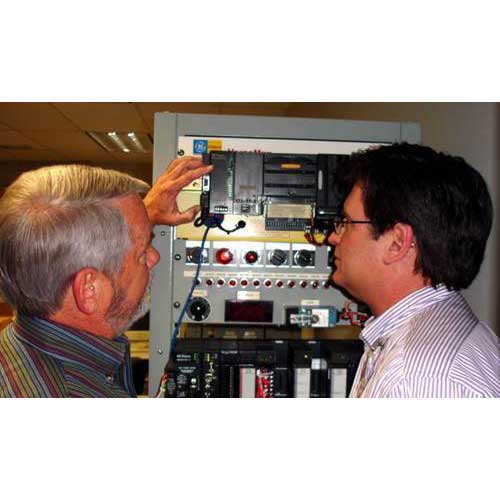Schedule a Call Back
Amitabh Kant: Need to mobilise capital and finance for EV infrastructure
 Industry News
Industry News- Mar 10,21

NITI Aayog and
Rocky Mountain Institute (RMI) India released a new report ‘Mobilising Electric
Vehicle Financing in India’, which highlights the role of finance in the
India’s transition to electric vehicles (EVs) and analyses that the transition
will require a cumulative capital investment of USD 266 billion (Rs 19.7 lakh
crore) in EVs, charging infrastructure, and batteries over the next decade.
The report also
identifies a market size of USD 50 billion (Rs 3.7 lakh crore) for the
financing of EVs in 2030â€â€about 80 per cent of the current size of India’s
retail vehicle finance industry, worth USD 60 billion (Rs 4.5 lakh crore).
“The need of
the hour is to mobilise capital and finance towards EV assets and
infrastructure,†said Amitabh Kant, CEO, NITI Aayog. “As we work towards
accelerating the domestic adoption of EVs and push for globally competitive
manufacturing of EVs and components like advance cell chemistry batteries, we
need banks and other financiers to lower the cost and increase the flow of
capital for electric vehicles.â€Â
India’s EV
ecosystem has thus far focused on overcoming adoption hurdles associated with
technology cost, infrastructure availability, and consumer behaviour. Financing
is the next critical barrier that needs to be addressed to accelerate India’s
electric mobility transition.
End-users
currently face several challenges, such as high interest rates, high insurance
rates, and low loan-to-value ratios.
To address
these challenges, NITI Aayog and RMI have identified a toolkit of 10 solutions
that financial institutions such as banks and non-banking financial companies
(NBFCs), as well as the industry and government can adopt in catalysing the
required capital.
“Re-engineering
vehicle finance and mobilising public and private capital will be critical to
accelerating the deployment of the 50 million EVs that could be plying on
India’s roads by 2030,†said Clay Stranger, Senior Principal, Rocky Mountain
Institute. “These solutions represent high-leverage areas for interventions in
finance, and we believe that many are relevant beyond India.â€Â
The 10
solutions recommended in the report include financial instruments such as
priority-sector lending and interest-rate subvention. Others are related to
creating better partnerships between OEMs and financial institutions by
providing product guarantees and warranties. Furthermore, a developed and
formal secondary market can improve the resale value of EVs and improve their bankability.
“The identified barriers within EV finance need to be tackled in structured
manner with innovative financing models,†said Randheer Singh, Senior
Specialist at NITI Aayog.
Recommendations
beyond finance include digital lending, business model innovation, fleet and
aggregator electrification targets, and the creation of an open data repository
for EVs.
The report
further determines that investment in India’s transition to electric mobility
has the potential to create significant economic, social, and environmental
benefits for the country. As the economics of EVs continue to improve, new
business models and financing instruments gain acceptance, and government
programmes drive early adoption and promote domestic manufacturing, India’s EV
market is poised for growth in the coming decade.
Related Stories

Ingersoll Rand Opens New Manufacturing Facility in Sanand, Gujarat
Ingersoll Rand’s new manufacturing facility in Sanand is one of its largest investments in India, and is set to begin production by the fourth quarter of fiscal year 2025.
Read more
NBC Bearings and iMRail Partner to Transform India’s Next-Gen Mobility Systems
The collaboration between NEI and iMRail marks a significant milestone in NEI’s expansion beyond its core bearings expertise into advanced mobility systems.
Read more
Revolt Motors Welcomes Roy Kurian as President to Lead Future Growth
Revolt Motors reinforces its commitment to global leadership, aiming to be India’s No.1 electric motorcycle brand and a major player in sustainable mobility worldwide.
Read moreRelated Products

Fasteners for Automobiles
Bagadia Industrial Fasteners offers a wide range of fasteners for automobiles.

Automotive Shock Absorbers - Auto Parts
TMA International Private Ltd. has export comprehensive range of shock absorbers.

Factory Automation Service
Frontline Technologies offered factory automation services.















